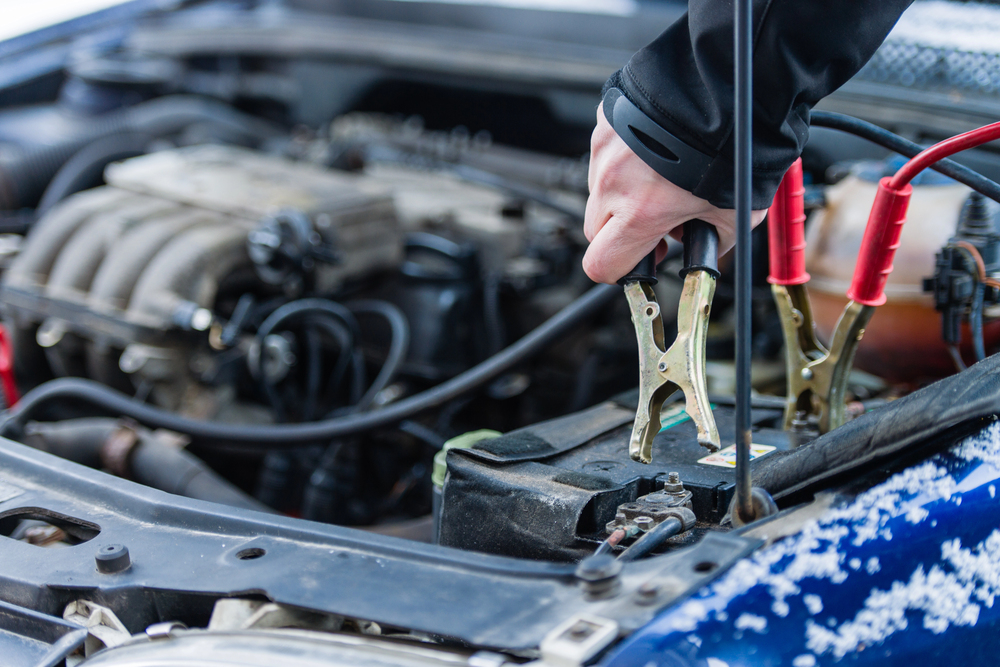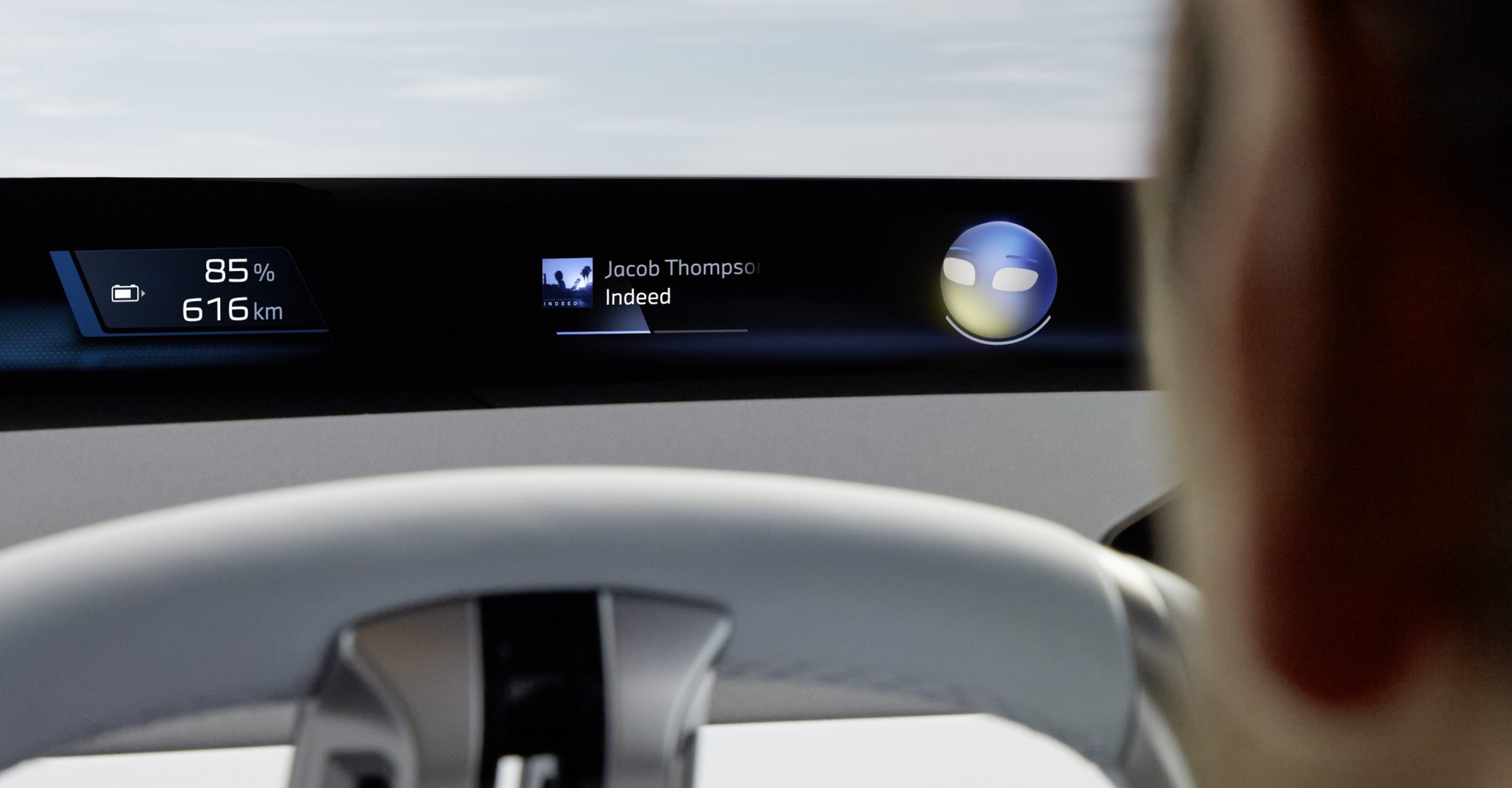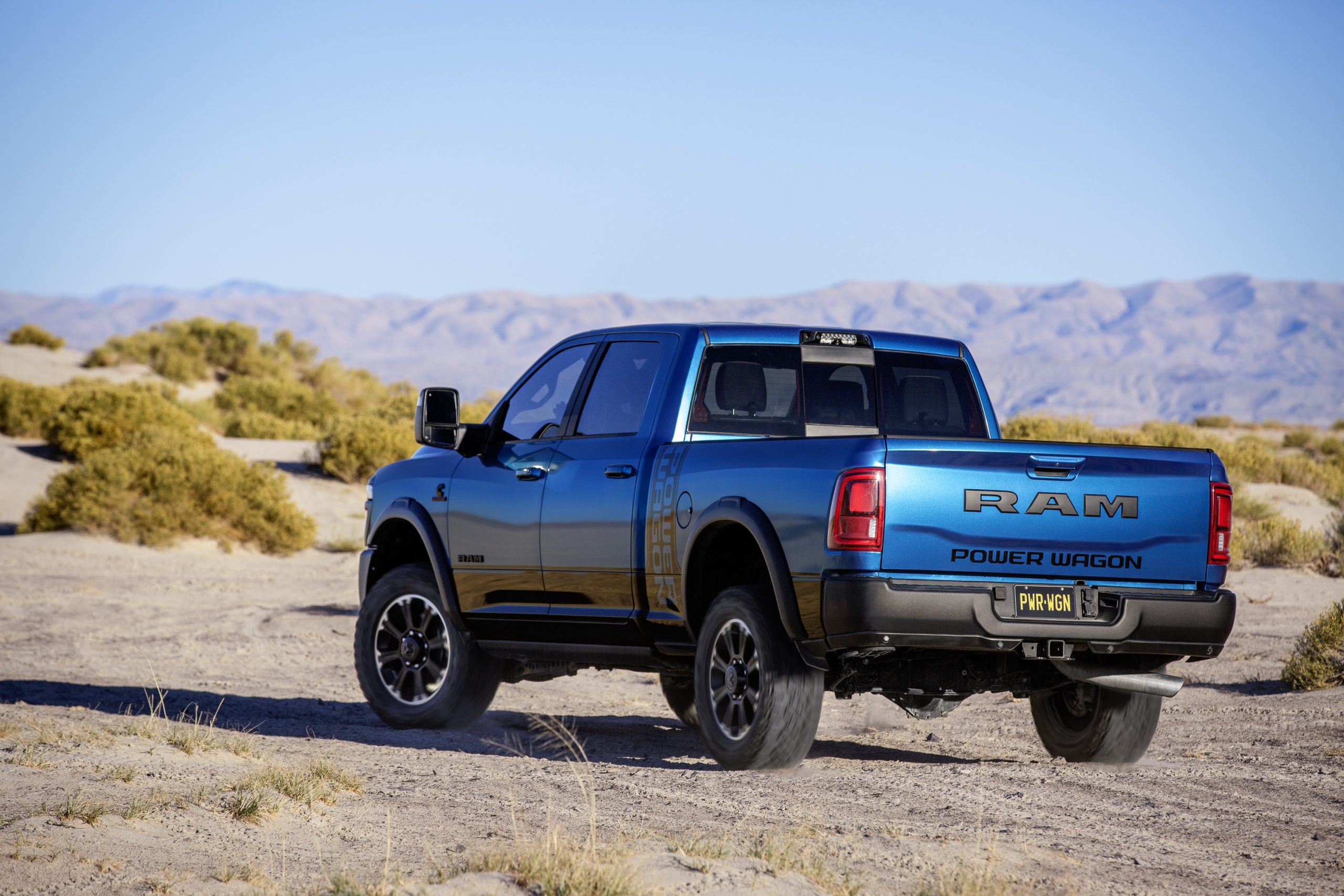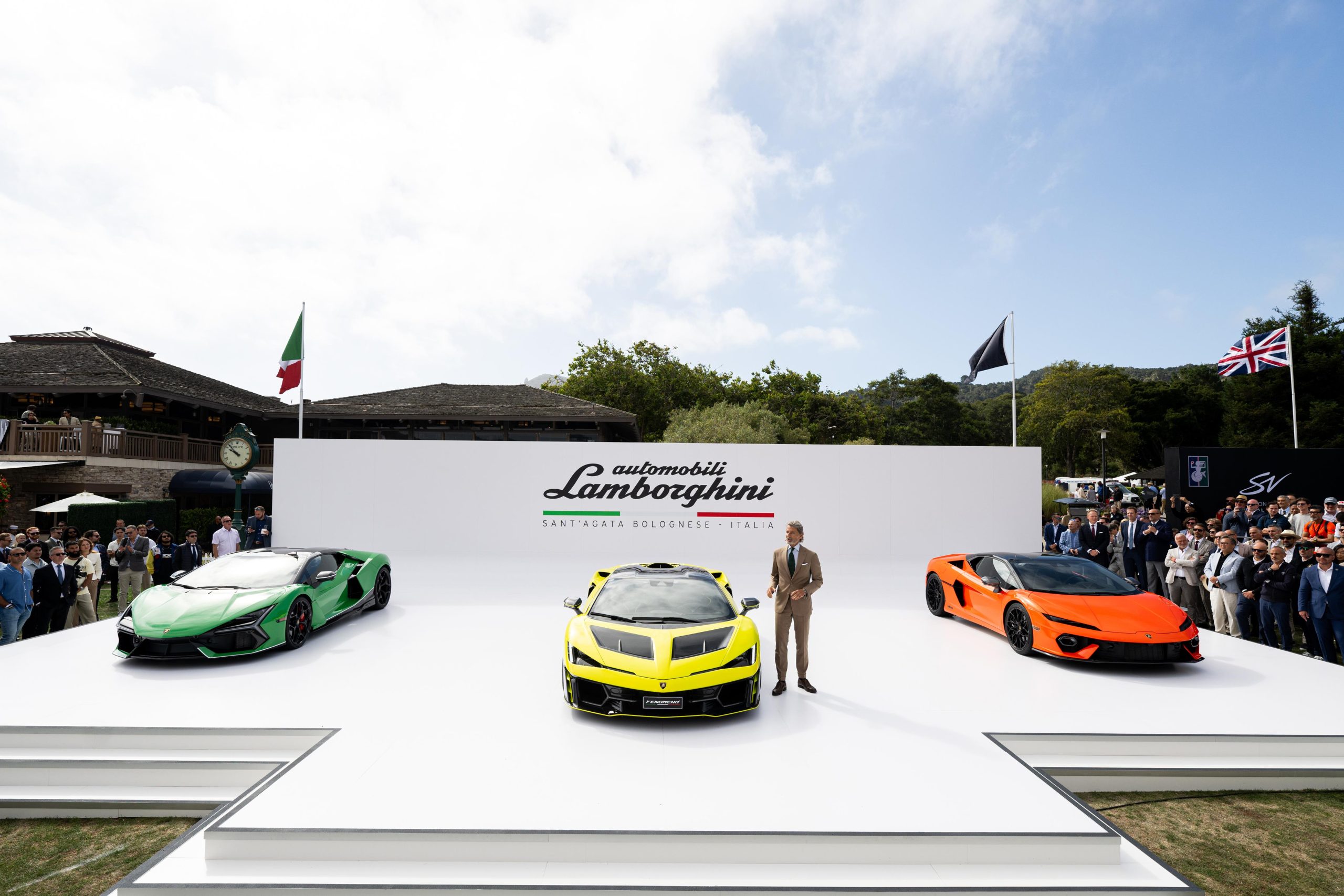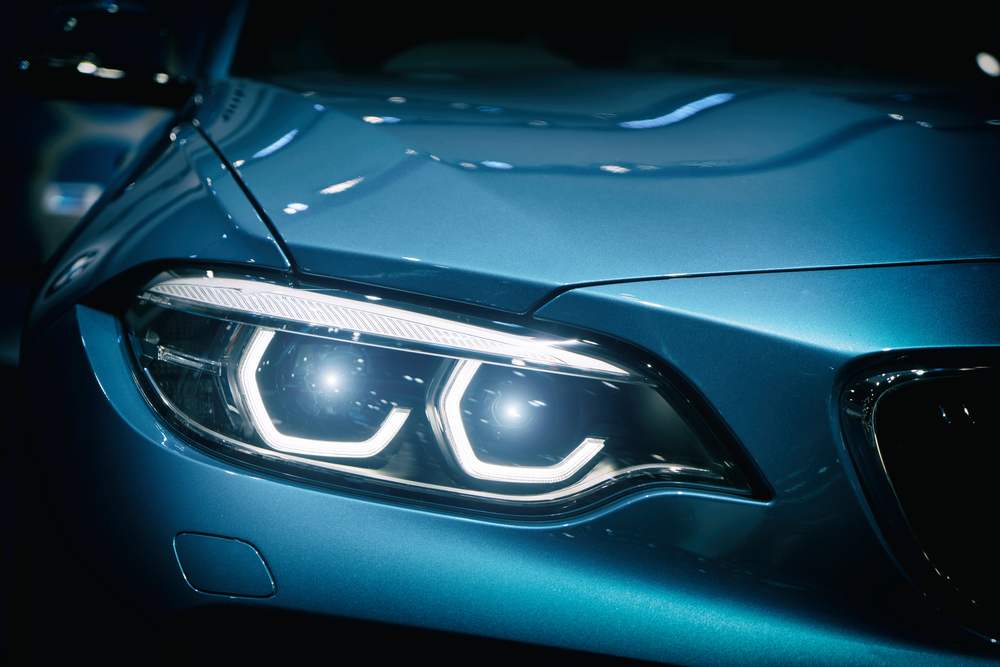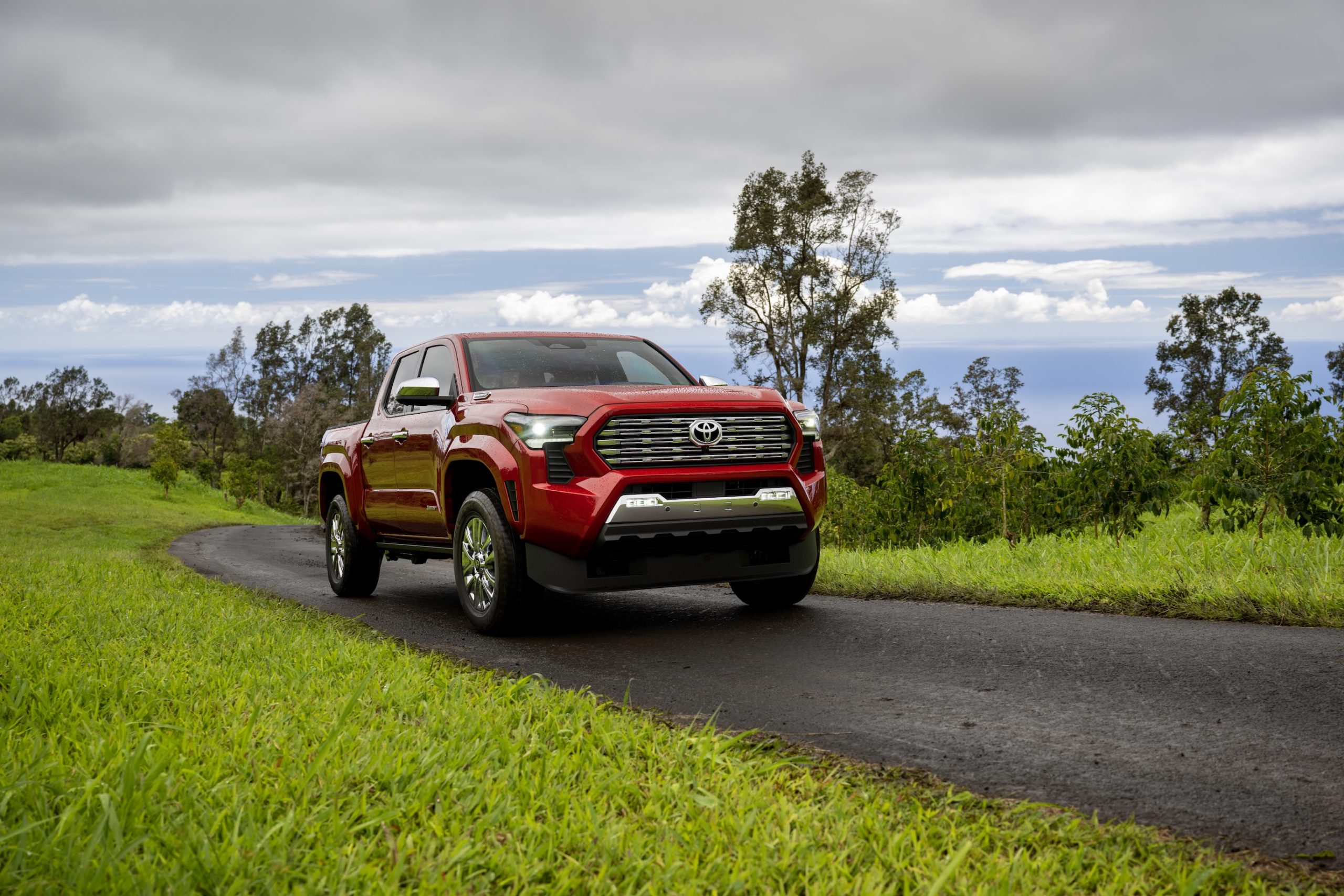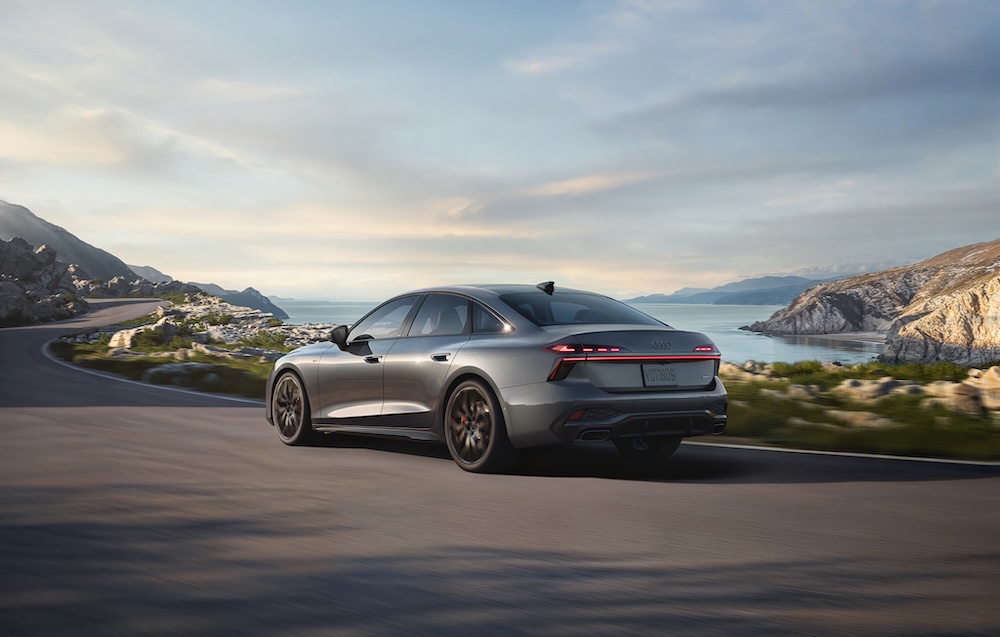Rivian CEO warns gas engine revival is ‘very bad’ for US auto industry
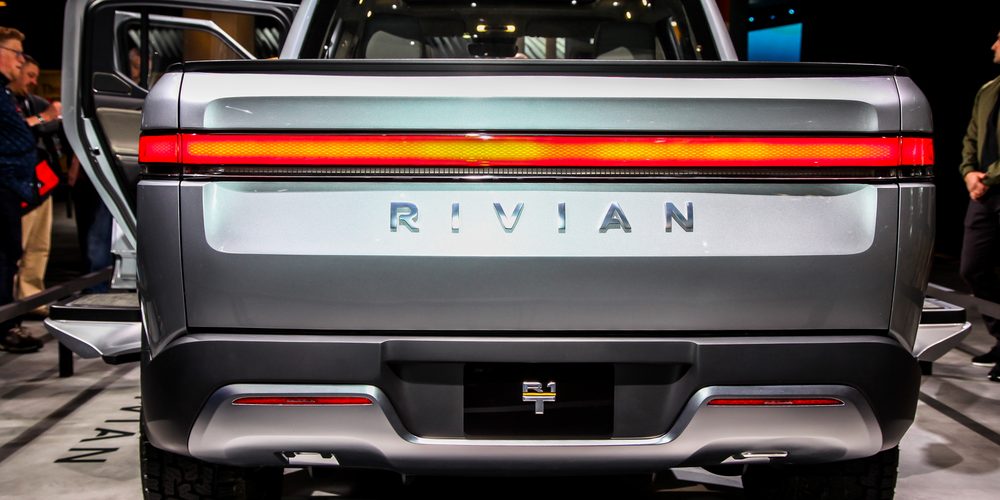
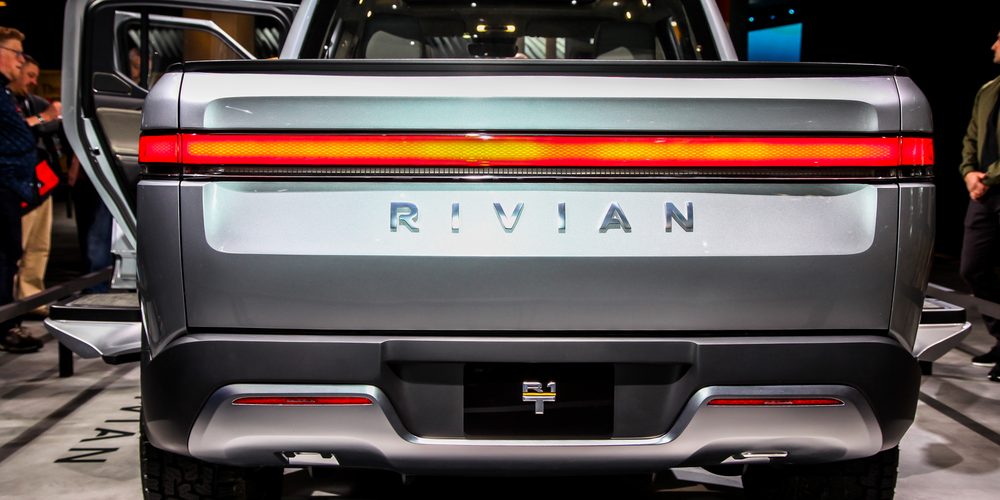
- Rivian boss RJ Scaringe said the renewed investment in combustion engines is “very bad for my kids and their kids, and very bad for the US auto industry.”
- Scaringe argued that a “reprioritization of capital” into gas-powered vehicles thins competition in EVs, leaving Rivian and Tesla with an advantage.
- He warned that limited choice in compelling EV models has stalled adoption in the US at around 8% of new vehicle sales.
Rivian CEO RJ Scaringe has criticised the United States’ return to investing heavily in gas-powered engines, calling it a backward step that could hurt both the environment and the domestic auto industry.
“It blows my mind this is happening,” Scaringe said on the InsideEVs podcast. “But nonetheless, it is.”
Scaringe said the shift represented a “reprioritization of capital towards internal combustion,” one that he argued is “very bad for my kids and their kids, and very bad for the US auto industry.”
His comments come after General Motors confirmed a $4 billion investment in new gas-powered vehicle production, while the federal government rolled back green energy policies, including ending the electric vehicle tax credit. President Donald Trump has openly supported combustion engines, signing a resolution to block California’s phaseout plan and repealing EV incentives.
“Things I never thought would happen a year ago are happening now,” Scaringe said, pointing to new engine programs and factory projects being announced.
For much of the last decade, industry leaders such as Ford, Mercedes-Benz, Volvo, and GM committed to phasing out combustion vehicles, and the momentum seemed unstoppable. But with EV sales growth slowing in the US, pressure has mounted. Last year BMW CEO Oliver Zipse urged the European Union to rethink its 2035 ban on gas-powered sales, warning it would strike the industry “in its heart.”
Scaringe acknowledged that the shift back to combustion may create one unintentional advantage for Rivian and Tesla: less competition. “You’re going to have a sort of a vacuum of competition,” he said. “The pure-play EV-focused companies Rivian, Tesla, there’s not very many, because they’re completely and fully focused on electrification, will have the advantage of a pretty thin competitive playing field.”
Still, he cautioned that an EV market dominated by just two or three players is not sustainable. “I don’t think it’s healthy for the industry,” he added.
EV adoption has slowed in the United States even as sales accelerate in China, where companies like BYD lead global growth. Scaringe believes one of the main barriers is the lack of variety in vehicles available to American consumers.
“There’s been so little choice of highly compelling products that we’ve seen adoption stop growing at around 8% new vehicle sales,” he said. “Ideally, there’s three or four, five or six or 10 other great choices in order to draw in the other 92% of buyers who aren’t buying electric today.”
While Rivian and Tesla could gain short-term advantages from diminished competition, Scaringe said the industry as a whole risks losing momentum without broader innovation and government support.
If you enjoyed this article, be sure to follow us on Microsoft Start.


